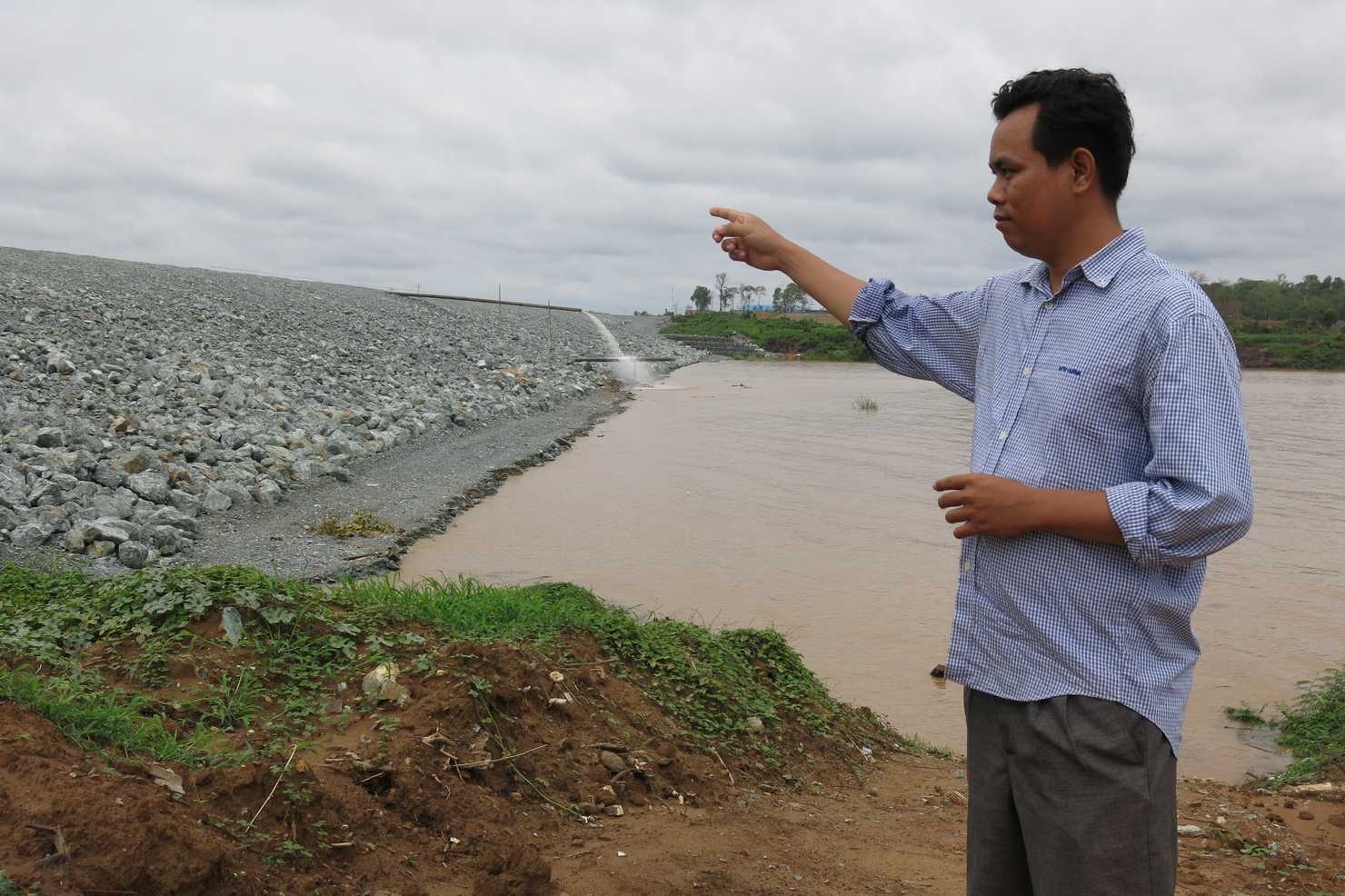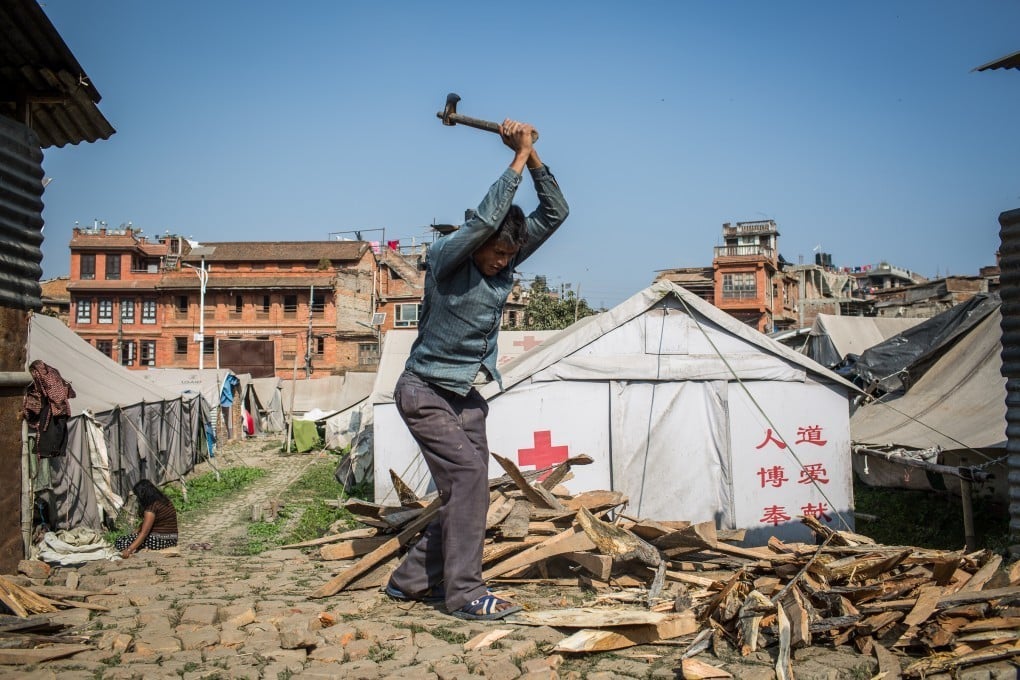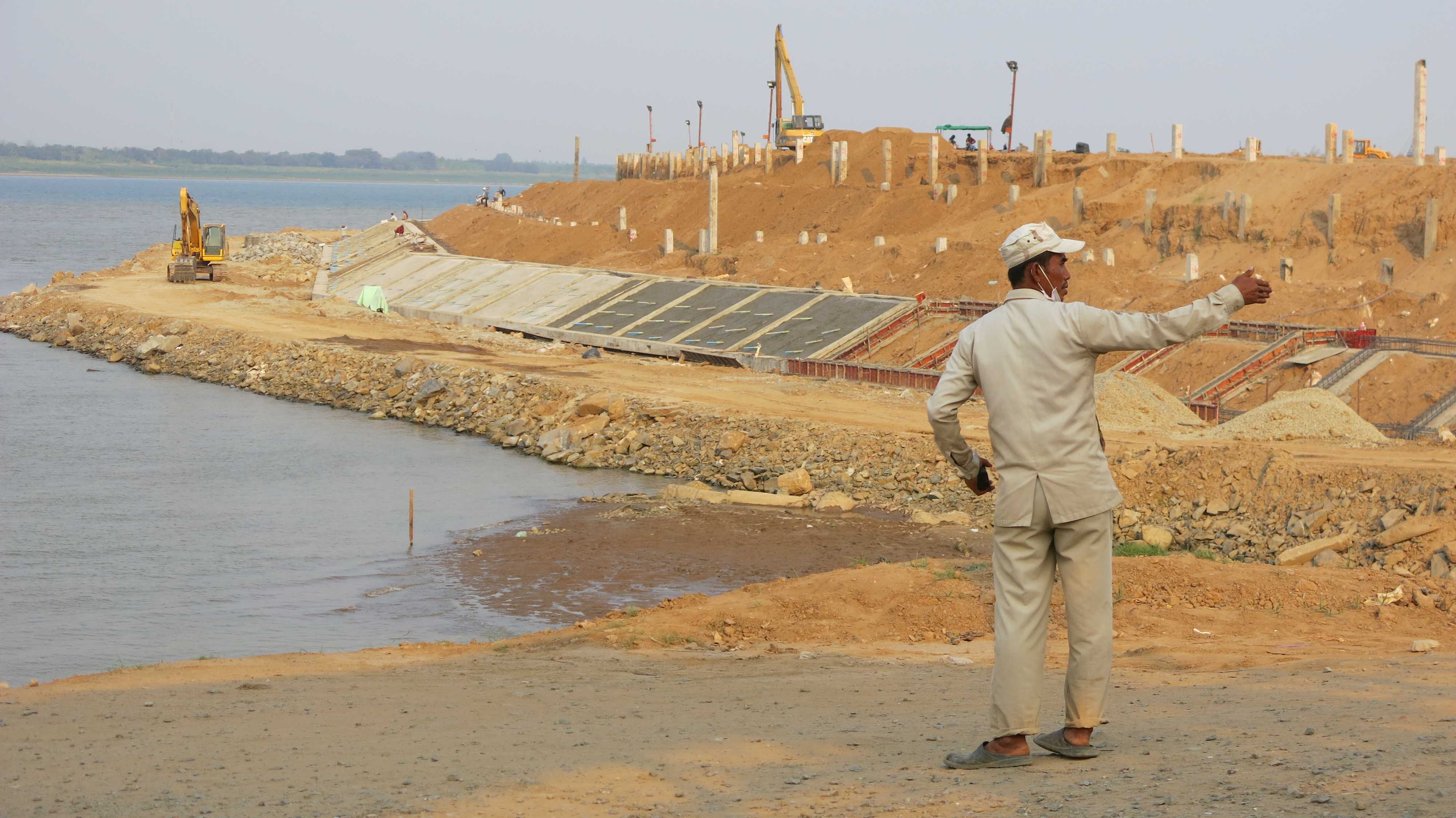On November 10, BRIDGE financed a training workshop entitled Reporting on Mekong Dams – Science, Policies and Voices from the Ground in An Giang Province in the Mekong Delta. It was organized by Pan Nature, a Vietnamese NGO, to brief journalists on the concerns and perspectives of local stakeholders on planned dams on the Mekong River.
Category: Region
Selected environmental stories from media outlets in the Mekong region and beyond.
Administrative court rules in favour of Egat over Xayaburi Dam
THE Administrative Court Friday dismissed complaints over the Xayaburi Dam against five state agencies. However, the 37 plaintiffs, from eight Mekong provinces, say they will appeal further.
The judge, who read the verdict, said the defendants had fully complied with their obligation according to the law, so the case was dismissed.
Locals from Kyauk Phyu SEZ criticize the Chinese Investors
On 30th December, the government of Myanmar announced that the CITIC Consortium, which comprises of 6 Chinese companies, wins the bid to develop Kyauk Phyu SEZ. Mr. Win Shein, the MP from Kyauk Phyu said, the last minute agreement before the current government hand over the power to the new NLD-led government, could involve fraud and corruption between the government and Chinese investors. The bid for the SEZ takes 24 months, 16 companies have compete for the bid, but the government approve CITIC in rush. CITIC Consortium states it will invest about 9 bn US$ for the Kyauk Phyu SEZ project, which covers 4200 acre of lands.
Ten stories you should have read in 2015
We pick out the most popular and important stories published on The Third Pole in 2015.
Threats against journalists in Cambodia spike
The Club of Cambodian Journalists announced over the weekend that there has been a dramatic rise in threats against journalists this year, with a parallel increase in arrests and legal challenges, The Phnom Penh Post reported.
According to a CCJ statement issued on Saturday, there have so far been 12 cases against journalists this year, compared to four in 2014.
Some journalists were beaten up and arrested and detained, and in some cases equipment including cameras and voice recorders was confiscated, it said. Five journalists were sued this year, compared to just two in 2014, it added.
PARTNERSHIP IN ACTION Regional governments and civil society journey toward improving public participation
The 25 members represent governments and Civil Society Organisations (CSOs) from across the region. They have tasked themselves with drafting public participation guidelines to ensure communities and citizens have input into development projects such as dams, mines, transportation links or economic zones. Through drafting a regional standard on participation in EIA, the group hopes countries across the region will improve public involvement in the decision-making process.
Getting 10 civil society organisations, five governments and an array of ministries to agree on one set of guidelines will be hard. But the members are up for the challenge. They have a lot to teach each other. And are eager to learn from experiences in other countries and sectors.
We talked to a few members of the RTWG during their first official meeting in Bangkok in September to see how they felt about this challenging but exciting opportunity. Their video interviews are below.
My country, Thailand, hosted this kick-off meeting, and two of Thailand’s five members are Mr. Suphakij Nuntavorakarn, Healthy Public Policy Foundation and Ms. Chanakod Chasidpon, Office of the National Economic and Social Development Board (NESDB) of the Thai government.
Villagers from Bamnetnarong district visited 5 ASEAN Embassies , protesting coal-fired power plant
More than 30 representatives from Bamnetnarong District in Chaiyapoom province submitted a letter to ASEAN diplomatic representative, protesting the coal-fired power plant for Potash mining project. The content of the letter stated that ASEAN Potash Mining Company Limited (Public) is pushing the construction plan of coal power plants for use in the mining operation, informing the villagers that Thailand shortage of energy. And the villagers against the use of coal for electricity generation.
Revenue from Hongsa power plant set to spur development
The government will receive over US$2.3 billion in taxes from the Hongsa Power Company Limited under the 25 year concession agreement running from 2016-2041 for the newly built Hongsa Mine Mouth Power Plant. This revenue will be a huge boost to socio-economic development, especially infrastructure development, and will enable the expansion of trade, services and investment.
This revenue will be a huge boost to socio-economic development, especially infrastructure development, and will enable the expansion of trade, services and investment.
Demand for power up 15%: minister
The country’s demand for power has increased by 15 per cent annually due to the increasing number of factories and workshops and high population density, Khin Maung Soe, union minister for electric power says.
Between the 2011-12 financial year and 2014-15, the ministry built nine hydropower plants with an installed capacity of 626 megawatts and 10 gas-fired power plants with an installed capacity of 877 megawatts.
In addition, the installation of 1,350 miles of power lines and 1,454 sub-power stations have been completed.
Ecological trade-offs
Hydroelectric dams grace bank notes in developing countries, from Mozambique to Laos, Kyrgyzstan to Sri Lanka, a place of honor reflecting their reputation as harbingers of prosperity. That esteem, now enhanced by hydropower’s presumed low-carbon profile, continues to overrule concerns about environmental consequences and displaced people, as evidenced by a surge in dam-building in the developing world.
A recent paper in the journal Nature Climate Change suggests a seemingly obvious, yet novel approach: Bring in aquatic scientists at the beginning so that engineers can consider ecological principles first, not last. The paper came out of meetings organised by the National Socio-Environmental Synthesis Center in Annapolis, Maryland, in 2013. Engineers and aquatic scientists discussed their core requirements for a hypothetical case study of the Iowa River in the United States.





